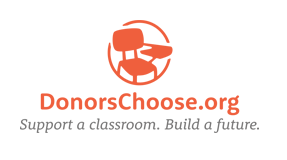We have found a new home! Kindly visit this link in our new website here: https://www.denver-frederick.com/2016/01/28/david-bonbright-keystone-accountability/
The following is a conversation between David Bonbright, founder and CEO of Keystone Accountability and Denver Frederick, host of “The Business of Giving” on AM 970 The Answer in New York City:
Denver Frederick: In the world of philanthropy, there’s been a lot of talk in recent years about impact and outcomes. Is the social program that is being implemented working, and where is the data that proves it? There is one data point that is often missing, however. It is the opinion and feedback from those receiving the service.
That is all changing. One person who has been leading that change is my next guest. He is David Bonbright, the founder and CEO of Keystone Accountability. David, welcome to The Business of Giving.
David Bonbright: Thank you for that kind introduction Denver. I’m delighted to be here.
Denver: Tell our listeners what is Constituent Voice, and how does it work.
David: Thank you. Constituent Voice is what happens when you listen systematically to those you serve, when you are careful in the way that you solicit their views and then respond to their concerns. As a result of that, they feel engaged with your organization, loyal to your organization, and ready to be involved to do the things that you want them to do.
Denver: What is Constituent Voice good at solving, and what things does it not address?
David: That’s an important point. It’s not a silver bullet that’s going to solve all the challenges of social change and deep societal problem solving in the world. Let me illustrate what I mean by that. If you are vaccinating an entire population, you have the ability to march into the community, line people up, and stick them in the arm, and produce the vaccination. Your relationship with them is not a key factor.
However, if you are trying to get people to change their intimate behaviors, how they make love, how they cook their food, and so on, your relationship with them is going to be critical to whether or not they are going to give a damn what you’re saying.
(more…)


